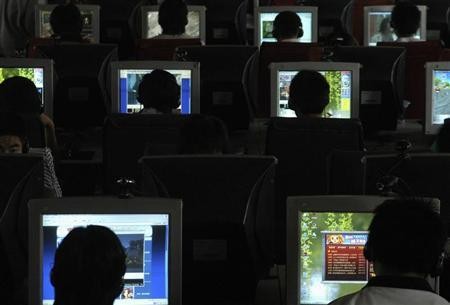With many Chinese students turning online for their education needs, a lot of teachers have jumped on the trend and switched from the actual classroom setting to the visual.
Among those who are currently enjoying the boom in online teaching are the IELTS (International English Language Testing System) teachers.
According to IELTS online teacher Zheng Reqiang, his job of teaching students to help them prepare for the IELTS exam has allowed him to save a lot of money because of how lucrative it has become.
The 32-year-old told China Daily that he could make as much as 10 million yuan ($1.61 million) a year because of the number of enrollees for the course.
IELTS is an international standard certifying exam that foreign students must take before they could study abroad. With more and more Chinese students opting to pursue an education overseas, the need for teachers to help them score high in the said test has also increased.
Zheng's business recently merged with 100.com, an online educational platform owned by YY Inc. The merger has brought significant upgrade to how teachers from Zheng's operation communicate with their students. Now, the company averages 4,000 students a month.
Now a deputy manager of 100.com, Zheng used to teach in actual classrooms. He was part of the New Oriental Education & Technology Group for 10 years before he decided to switch online.
For him, online classes have a lot of advantages that an actual classroom setting does not offer. Some of his students who seemed shy in person and would probably not do well in a classroom are more "proactive in online sessions because no one knows them in real life."
Also, students adjust to different teaching techniques and online education offers that.
Meanwhile, traditional classroom teaching methods are lagging because their approach to every student is the same.
It is important to assess each student so the teacher could adjust his or her teaching style to students with different personalities and strengths.
"By focusing on individual weaknesses, we can help students achieve much stronger scores in a relatively short period of time, rather than having them waste their time being forced to listen to things they've already mastered," noted Zheng.



























